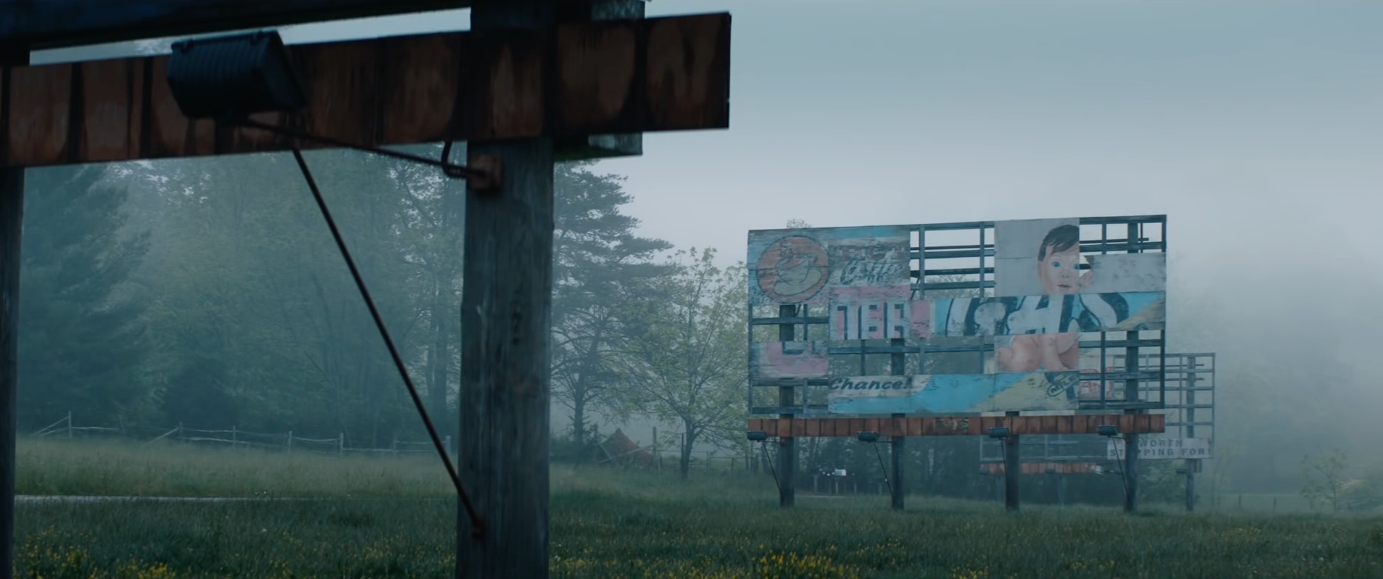After singing the praises for Guillermo del Toro’s latest release in my review last week, I had anticipated The Shape of Water to come away with the Grolsch People’s Choice Award, which is the highest honour awarded at the Toronto International Film. To my surprise, however, it was Martin McDonagh’s Three Billboards Outside Ebbing, Missouri, that clinched the coveted award. My surprise was a pleasant one though, as I have been a fan of McDonagh ever since his big screen debut with In Bruges, which stands as one of my all-time favourite comedies.
Having missed the film during the festival’s initial run, I managed to catch it last Sunday for TIFF 2017’s final screening. By the film’s halfway mark, I could already see why the film had won over the masses, and why it should be considered the dark horse for this year’s fast approaching major awards season.
As the long-winded name might have already suggested, the film is about three billboards outside a small southern community that are rented by grieving mother Mildred Hayes (Frances McDormand), whose daughter was raped and murdered. With no results from the police department after almost of year, Mildred uses the billboards to asks questions of Ebbing’s Sherriff Bill Willoughby (Woody Harrelson), much to the predictable distaste of Willoughby, his department, and members of the community.
As has become traditional fare for a McDonagh film (his equally talented brother included), there is plenty of dark, acerbic comedy to be found in Three Billboards, which is similarly punctuated by heavy human drama that draws attention to the fact that these are people with histories, putting McDonagh’s talents on full display, particularly as a writer. The filmmaker possesses a recognisable talent for flipping a scene on its head, going from comical to insightful, or violent, in a moment’s notice.
One of the key aspects which separates Three Billboards from, say, In Bruges, is that it is his most grounded film yet, allowing for more emphatically hard-hitting drama at all the right moments. McDonagh wants you to laugh uncontrollably at the misfortunes and personalities of his quirky characters, before he hits you hard with their relatable problems and small-town politics, making you choke on that laughter in the process. It is a masterfully executed tonal dynamic that makes you appreciate the comedic moments that much more, all the while driving home the lingering pain of tragedy.
It is an all-round excellent cast that helps McDonagh realise this vision. While Woody Harrelson is his usual solid self, Sam Rockwell remains ever the character actor, making you laugh, loath, and then sympathise without missing a beat in McDonagh’s script. The powerhouse performance here comes from McDormand though, who depicts Mildred as a strong, confident woman unable to let others push her around, though still making irreversible mistakes in the process. It reminded me of her Oscar-winning performance in Fargo, though much more hard-edged, making a great case for another Oscar nod later this year.
Three Billboards is another homerun for Martin McDonagh, further solidifying his status as king of the offbeat dark comedy. Even those familiar with his work will be surprised by the unexpected evolution of some of his characters. It reminded of this year’s Baby Driver, whose similar character turns left me surprised, but also made perfect sense within the context of what made them change in the first place. It might be character-building 101, but when it is done this well, it cannot be left unsaid. Tie this in with themes that leave a lingering impression on you days after, and you have what is hands down one of the best comedies of the year.






